The Dundee derby at the weekend had everything.
It was exciting, engaging, with great football. A fabulous advert for the city.
This is a football town. Nothing draws crowds, elicits so much talk, and grips the imagination so completely.
The whole visceral, immersive, Dundee-centric event made me wonder: how could anyone look elsewhere for their football?
Why would anyone travel to Glasgow to watch Celtic or Rangers?
They might say they follow the team their Glasgow dad supported. Which could be true (of a very few)
But we all know the real reason: they are glory hunters.
And they never become real supporters of whichever club they choose, and here’s why.
‘Tourists’
A football club’s identity and personality are shaped by its city.
The collective character, the sporting and working values of supporters and club, the humour, the tolerance levels, become inextricably linked.
All the parts – place, club, support, ethos – feed on each other.
If you are a remote “supporter”, you are missing a part.
You can never can say “us” to describe the club you purport to follow.
Your identity and the club’s identity – as a product of its environment – are different.
When fans from other cities support Dundee or United, it is completely different.
They are hardly glory hunters, are they!
They have very different reasons and are welcomed to Tannadice and Dens.
But when those from Dundee, Perth, Fife or Angus skulk through to Glasgow, the local supporters – the real supporters – treat them as what they are: leech-on outsiders.
The local fans don’t like these tourists because they’re always first to stop attending in a lean spell.
Don’t be surprised if glory hunters switch – Celtic one season, Rangers the next – depending on who is doing best.
Why not, when their fickle affections can be purchased for a few pieces of silverware?
‘Tribal feeling’
You don’t truly understand Scottish football unless you support what is truly “your” team.
You must be inside the sphere of the club all the time. You live it, breathe it, feel its presence every day.
True affinity, true togetherness, can’t be achieved by latching on to another city’s club from afar.
This is exampled in the crowd.
You only get that tribal feeling, that shared experience, when you are with your family, friends and community – because a tribe isn’t a collection of strangers from around the country.
True pride in your team is blended with pride in your surroundings, each is strengthened by the other.
‘You aren’t real fans’
It’s a deep-down gut-feeling. This isn’t just your club, it is also your home.
Therefore, the full flavour of being a supporter is only tasted when your team lives where you live.
The Japanese have a word for it: ibasho. I (being) and basho (place). It means: “a sense of belonging, the place where you are truly yourself”.
Glasgow club supporters living in Dundee, you aren’t real fans – you don’t have the ibasho.
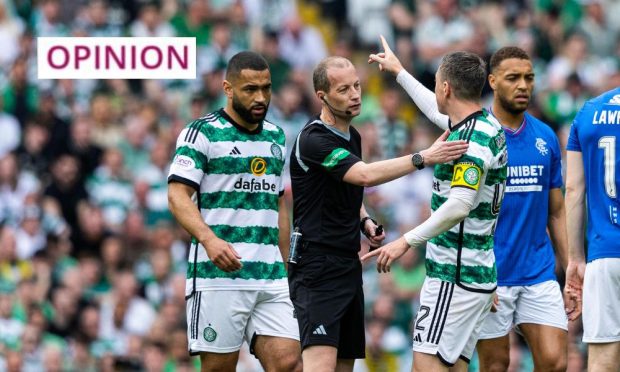
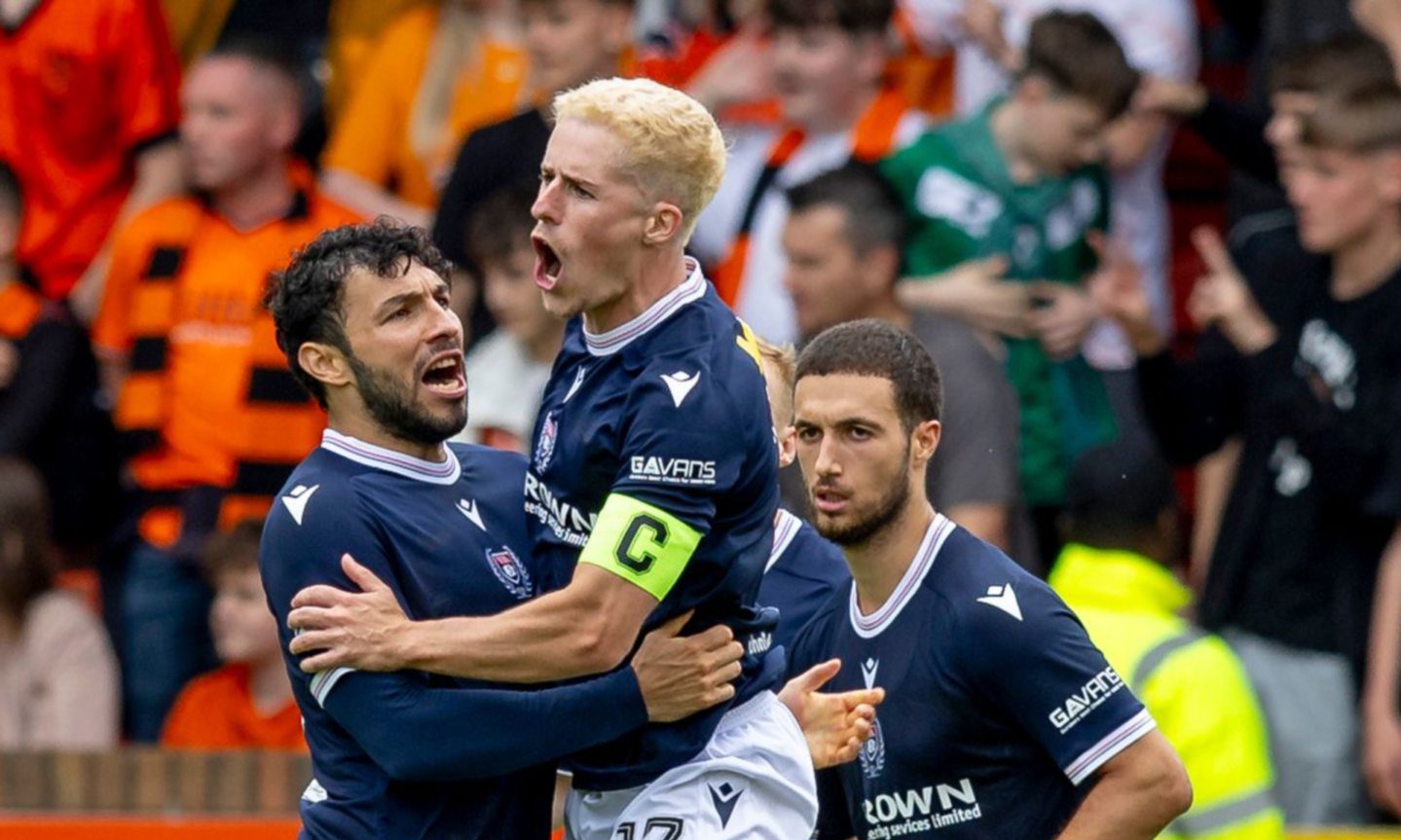
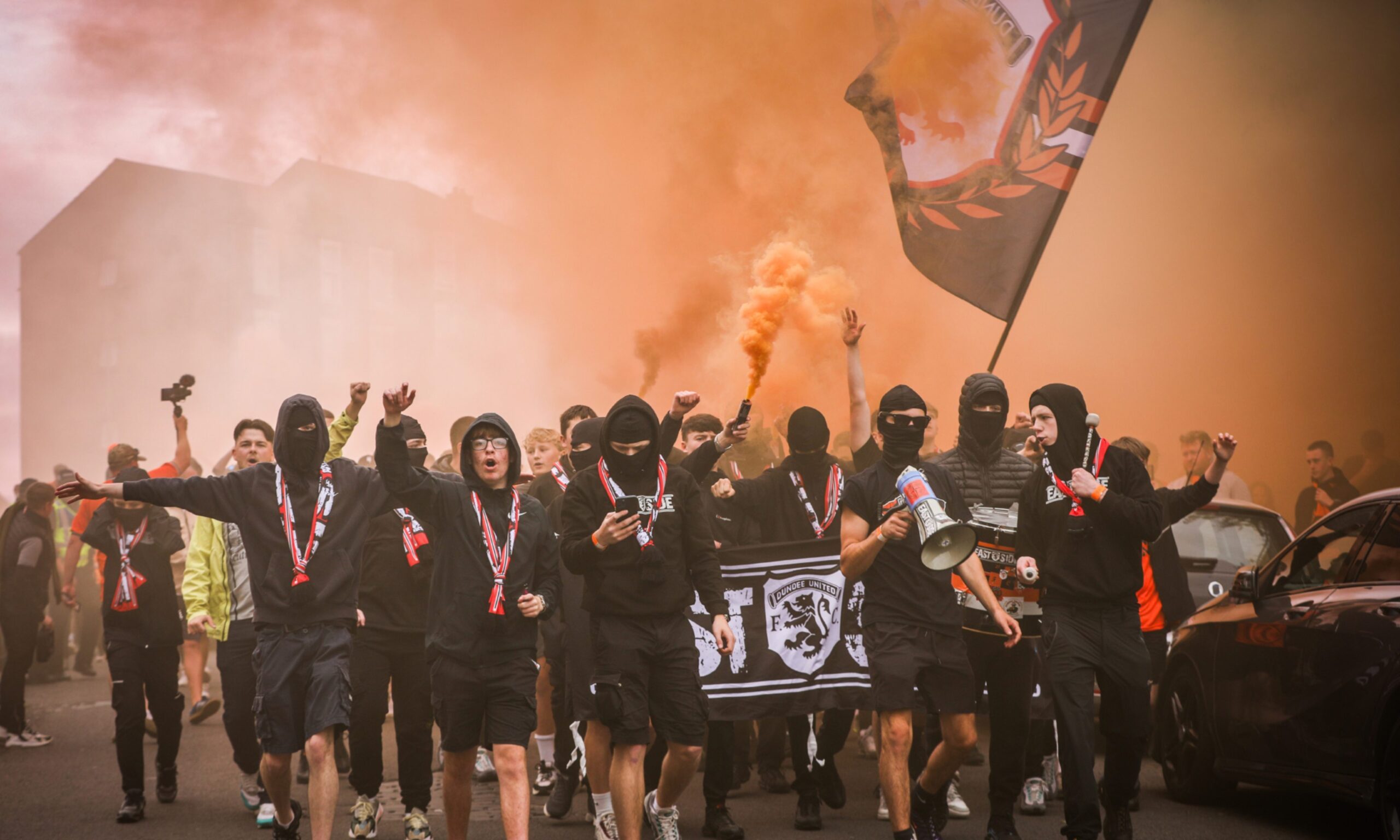
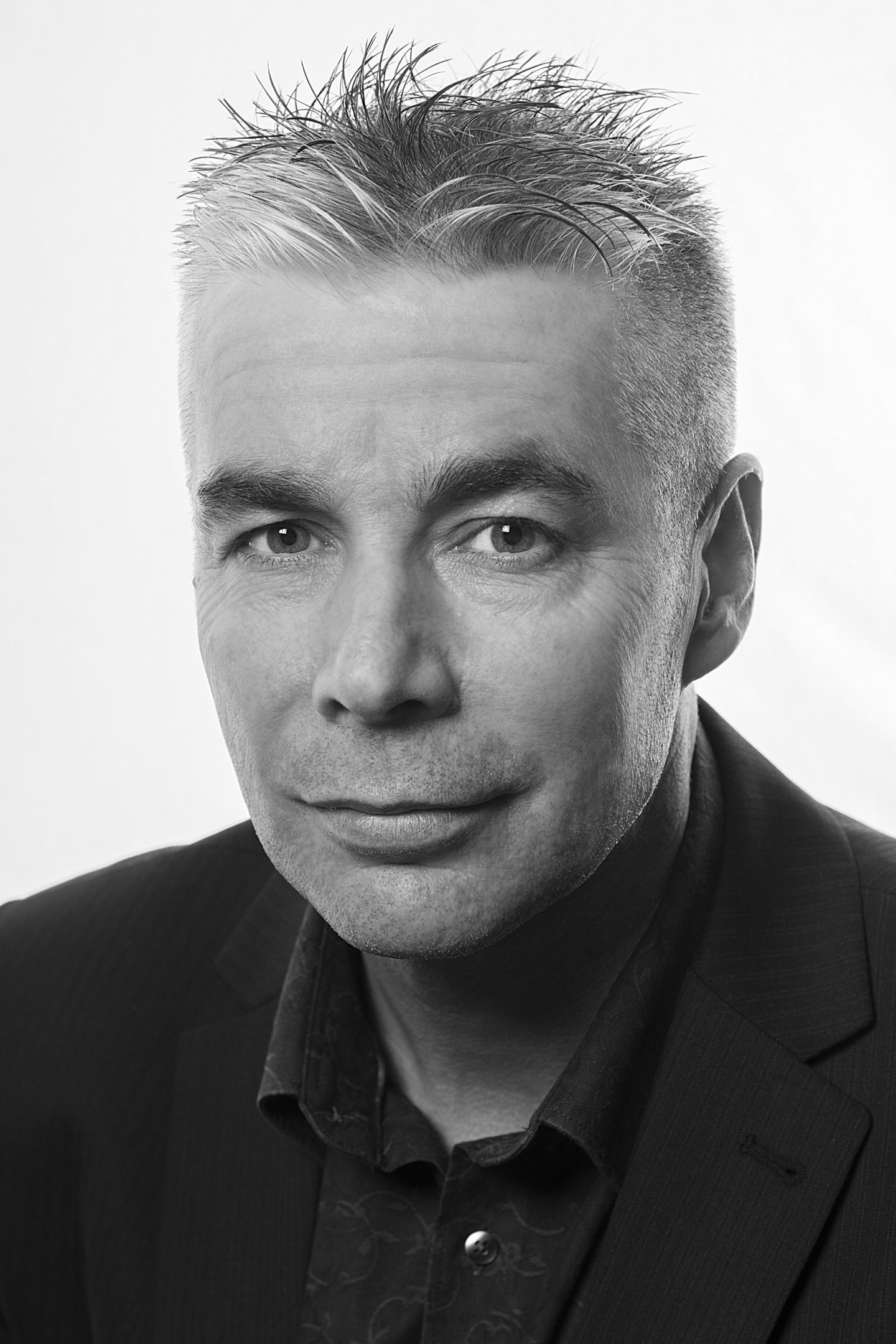








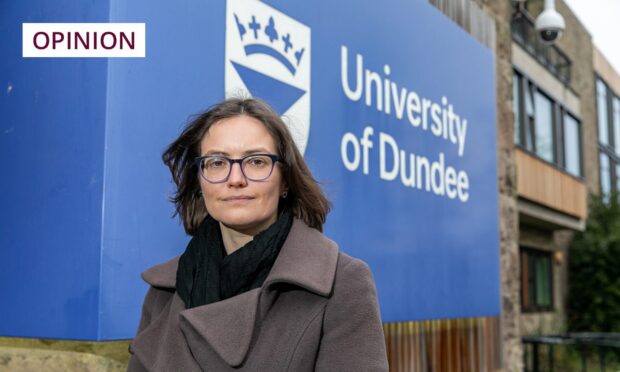

Conversation